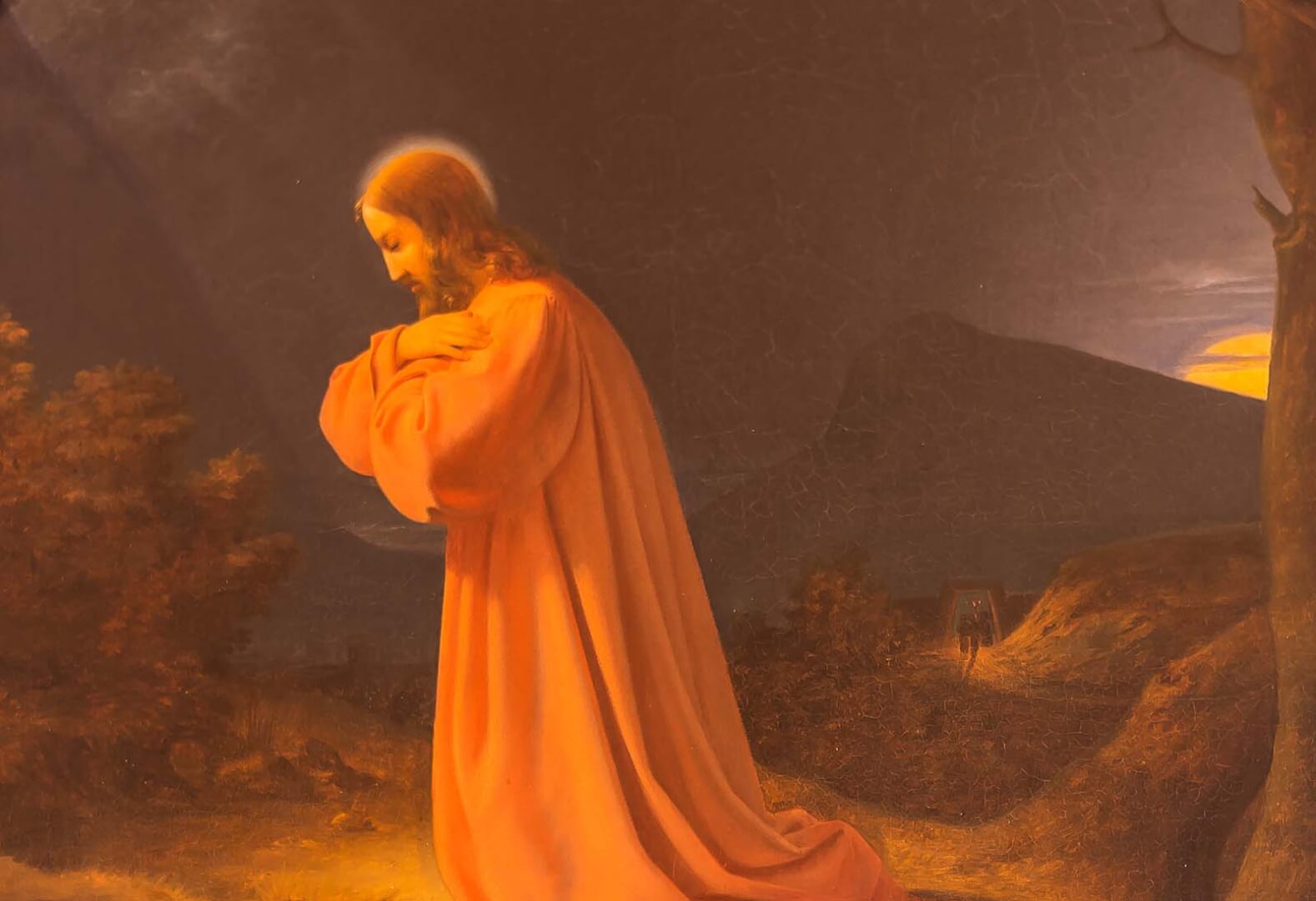The Bible is a love story, the story of God’s love for man and of man’s response to that love. Man can embrace God’s love and be happy, or he can reject that love and so destroy his relationship with God, enslaving himself to selfishness and pride and damaging his relationship with others and with nature—God’s gift to man.
This love story led to God’s Word taking on human flesh to free man from the slavery of sin, becoming a story of God’s mercy that restores man’s ability to love both God and others.
Called to Holiness, to Love Freely
As a divine love story, the Bible can be a source of moral reflection. This love story begins with God creating Adam and Eve and inviting them to freely join him in a covenant of love. God wills this for each of us: “This is the will of God, your sanctification: that you abstain from unchastity” (1Thessalonians 4:3). God wants us to become saints and to be happy with him in heaven, which links loving God to doing good and avoiding evil.
Morality is a free invitation to love—God doesn’t force himself on anyone or to live in a heavenly union with him. We must choose to respond to his invitation to a loving relationship freely by embracing his will. This is sanctity; this is what Christian morality entails.
We must seek God’s kingdom and pray for the strength to do his will: “thy kingdom come; thy will be done on earth as it is in heaven,” as Jesus taught us to pray. He exemplified this by surrendering his human will to his Father’s in his agony in the garden: “Not my will but yours be done” (Luke 22:42), fulfilling what he told us: “My food is to do the will of him who sent me, and to accomplish his work” (John 4:34) and “I have come not to do my will but the will of the One who sent me” (John 6:38). Doing God’s will right where he has placed us is key to holiness, as the Second Vatican Council said:
Accordingly, all Christians will more and more sanctify themselves in and through all their life’s conditions, duties, and circumstances, if they receive all things with faith from the hand of the heavenly Father and cooperate with the divine will, thus showing the love with which God has loved the world in temporal service (Lumen Gentium, 41).
God’s will is that we be saints, sanctifying everything we do. We discern God’s will by listening to his Word in the Bible, in the Church, and in our prayer. He wills that we be united to him in an everlasting union, which begins with our baptism.
Like a father, God manifests his will in the Ten Commandments, how to behave if we seek to love and please him. God manifests his will in the Beatitudes, teaching us to love as he loves us, always going beyond the minimum to sacrifice ourselves for our Love (God) and for his children. All this is reflected in the two Commandments of love: to love God with all one’s heart, mind, strength, and soul, and to love one’s neighbor as oneself (see Matthew 22:37-39).
God created us free, putting us into the hands of our own counsel (see Sirach 15:14). Our perfection entails freely loving the creator and doing his will, as the Second Vatican Council explains:
“Only in freedom can man direct himself toward goodness… God willed that man ‘of his own accord’ seek his creator and freely attain his full and blessed perfection by cleaving to him. Man’s dignity therefore requires him to act out of conscious and free choice, as moved and drawn in a personal way from within, and not by blind impulses in himself or by mere external constraint” (Gaudium et Spes 17).
We are “called to freedom” (Galatians 5:13) because only free persons can love, and only love can make us happy. The more we truly love the freer we become.

